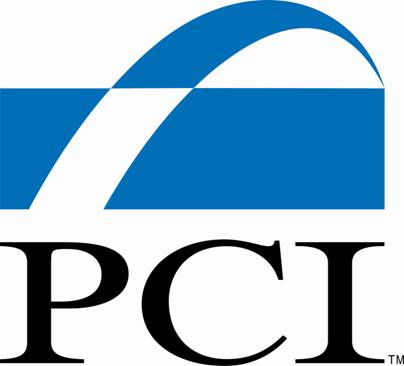Hybrid Precast Buildings - Developing Design Tools and Performance Base Seismic Assessment
| Principal Investigator: | Sivalingam Sritharan |
|---|---|
| Team Members: | Member 1 |
| Sponsor(s): | Precast/Prestressed Concrete Institute |
| Start Date: | 08/01/2001 |
| End Date: | 12/31/2003 |
| Keywords: | Seismic Resitant Design of Structures, Precast/Prestressed Systems, Analytical Simulation of Structural Behavior |
Project Description:
Experimental studies have shown that precast concrete hybrid frames
with dry jointed moment connections can provide adequate lateral
force resistance for buildings located in high seismic zones. This
framing concept, which has been approved for use by code officials,
utilizes unbonded post-tensioning and mild steel reinforcement that
is debonded over a short distance to establish a moment resisting
connection between a precast beam and a precast column.
As a result, the hybrid frames have the ability to dissipate energy
and sustain minimal residual displacements when subjected to
earthquake lateral forces. Due to the use of unbonded steel
reinforcement, the hybrid connection concept introduces strain
incompatibility between the reinforcement and the surrounding
concrete, making the analysis and design of the connection difficult.
Consequently, the available analysis and design methods for hybrid
frame connections are based on many simplified assumptions.
Publications:
1) Vernu S., and S. Sritharan. 2004. Section, Member and System Level
Analyses for Precast Concrete Hybrid Frames. ISU-ERI-Ames Report
ERI-04635, Department of Civil and Construction and Environmental
Engineering, 147 pp. June, Iowa State University, Ames, Iowa.
2) Sritharan, S., and S. Vernu. 2003. Analysis and Design of Precast
Hybrid Frames. In Proceeding of the 2003 Pacific Conference on
Earthquake Engineering, Paper No. 24. February, Christchurch, New
Zealand.
